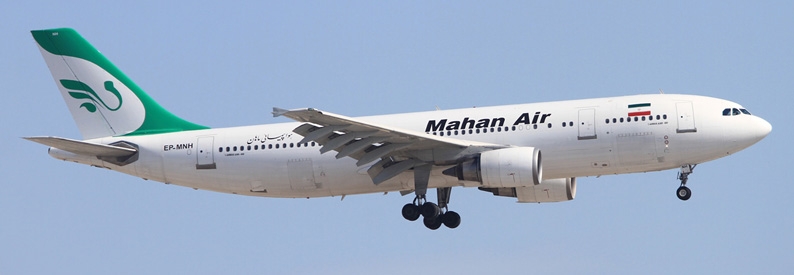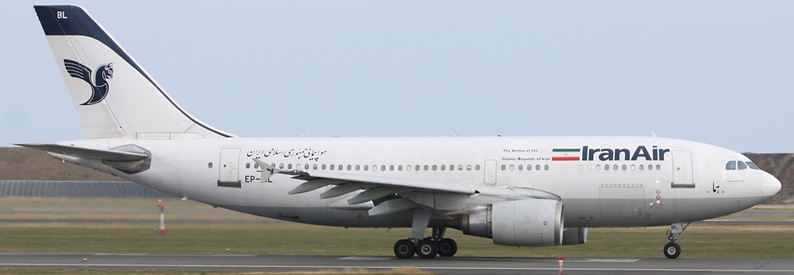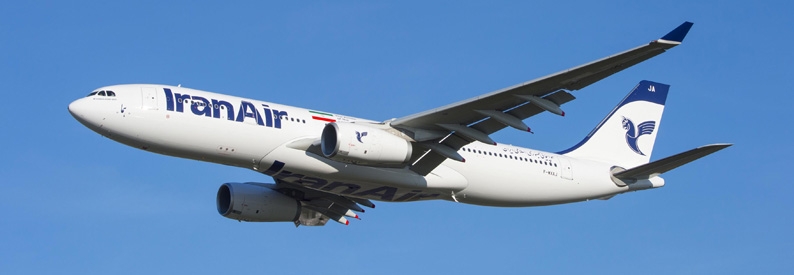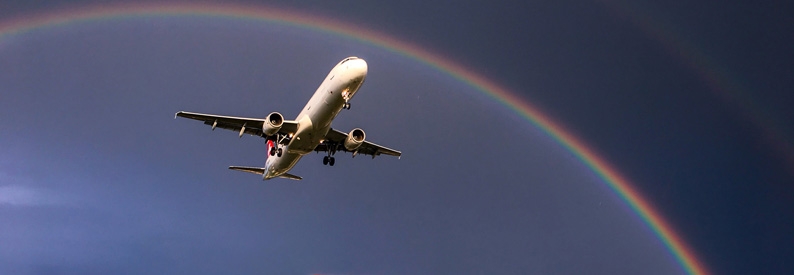IranAir (IR, Tehran Mehrabad) chairman and managing director, Farhad Parvaresh, says his airline will require "at least" 100 passenger jet aircraft to refurbish and overhaul its fleet should international sanctions be lifted.
"To my understanding, if sanctions are lifted in aviation, we would need at least 100 aircraft right away, both widebody and narrowbody," he said. "We are in contact with many aircraft manufacturers. Before it was not easy, but now it is not forbidden for either side."
With Iran Air's fleet consisting of fourteen A300s, two A310-300s, six A320-200s, eight B747s, sixteen F100s, and two MD-82s, Parvaresh proceeded to outline the carrier's wishlist which included the Airbus A320 and B737-800s for narrowbody options as well as A330s, A350s, B777s, B787s and possibly the B747-8 for widebodies.
The signing of an interim deal with the six global powers concerning Iran's nuclear programme has raised hopes in Tehran that a long-term agreement involving the complete lifting of sanctions is within grasp. However, Parvaresh did note that the absence of such an agreement would force his airline to source its fleeting requirements from Russia and China.
"If negotiations do not go well, we will not lose much, but on the other hand moving forward and growing is good for all of us business-wise. We will continue our previous methods and ways. We are very experienced now," he said. "Because there is a need in Iran, the Iranian aviation industry will definitely go to Russia or China."
Under the terms of a preliminary deal signed in Geneva last year, Boeing (BOE, Washington National) and General Electric were given the go-ahead by the US Treasury Department to export certain aircraft spare parts to Iran. Not to be outdone, Airbus (AIB, Toulouse Blagnac) has also sought Washington's approval for the sale of spares to the embattled West Asian nation.
However, severe punitive measures are still in place with Fokker Aircraft (Woensdrecht) parts supplier, Fokker Services B.V., the latest sanctions buster to have been punished by the US government. In a statement, the US Federal Bureau of Investigations (FBI) said the Dutch firm had agreed to pay a USD10.5million civil penalty to settle charges that between 2005 and 2010, it had illegally exported and re-exported aircraft parts, technology, and services to customers located in Iran, Sudan, and Myanmar.
- Type
- Base
- Aircraft
- Destinations
- Routes
- Daily Flights






